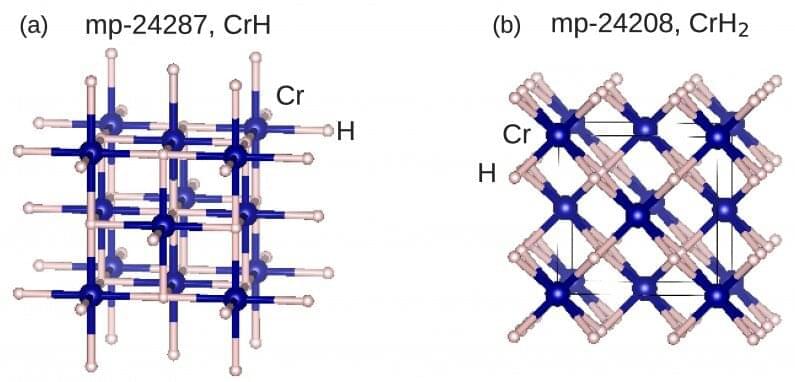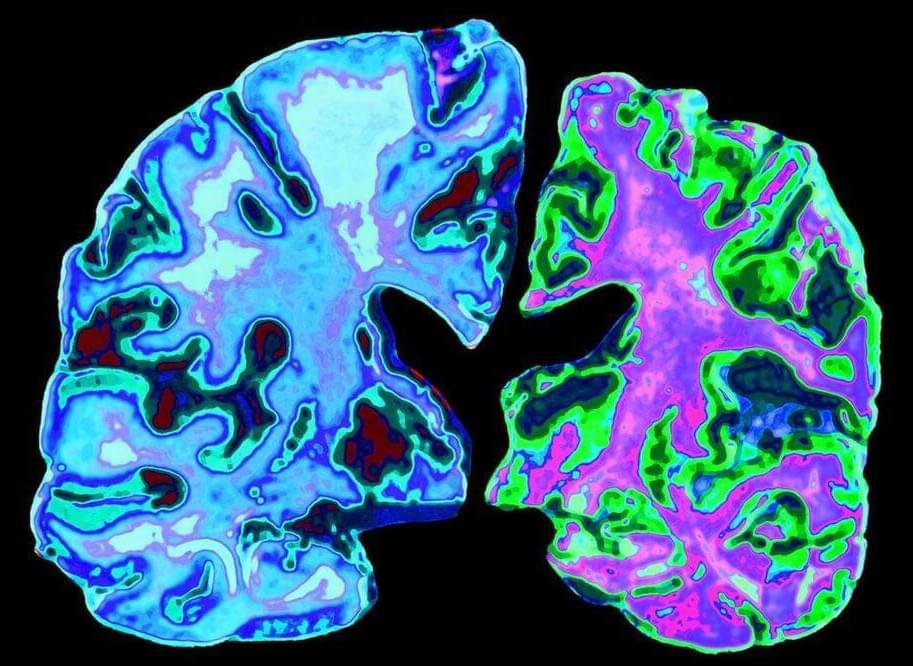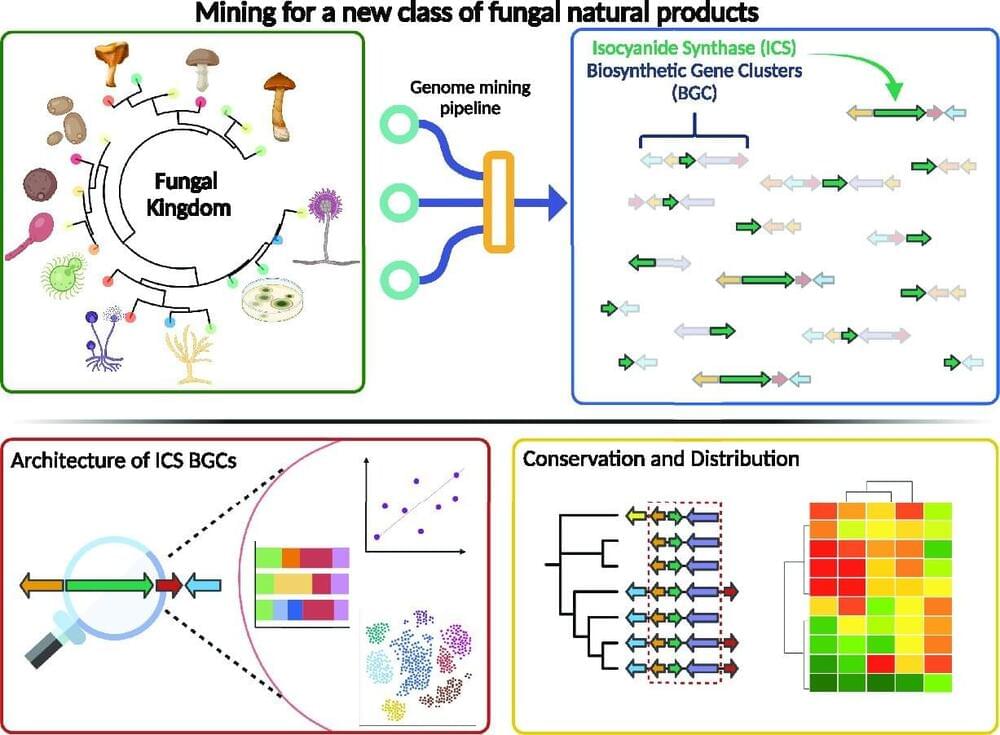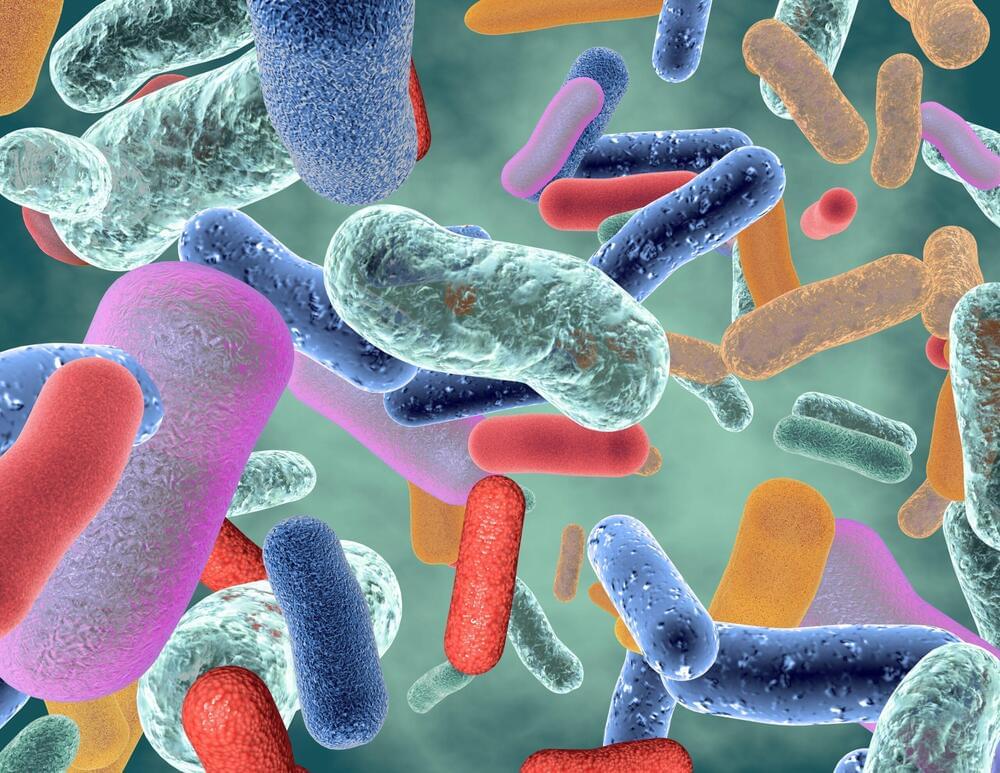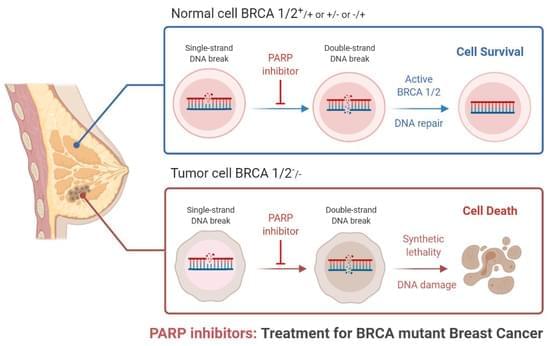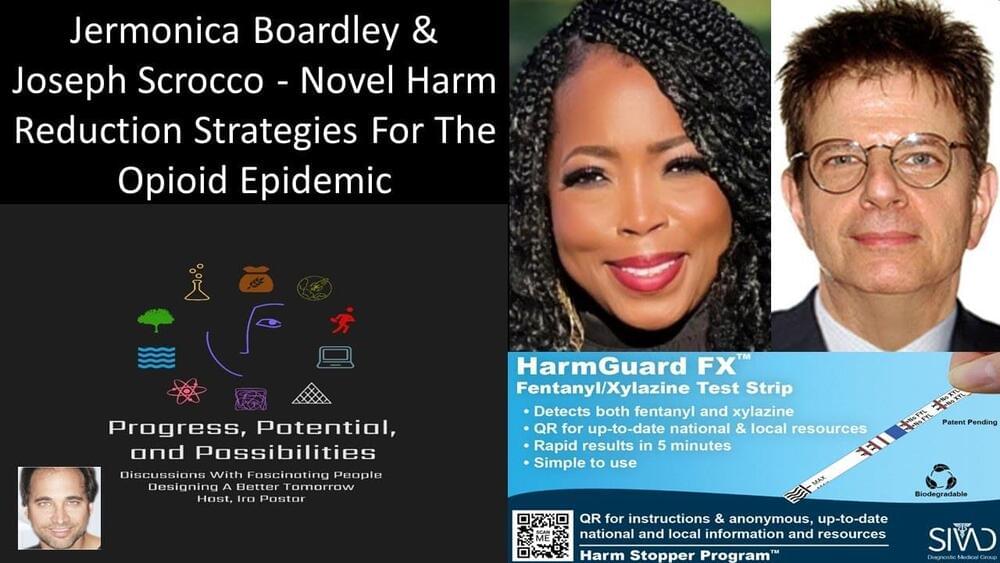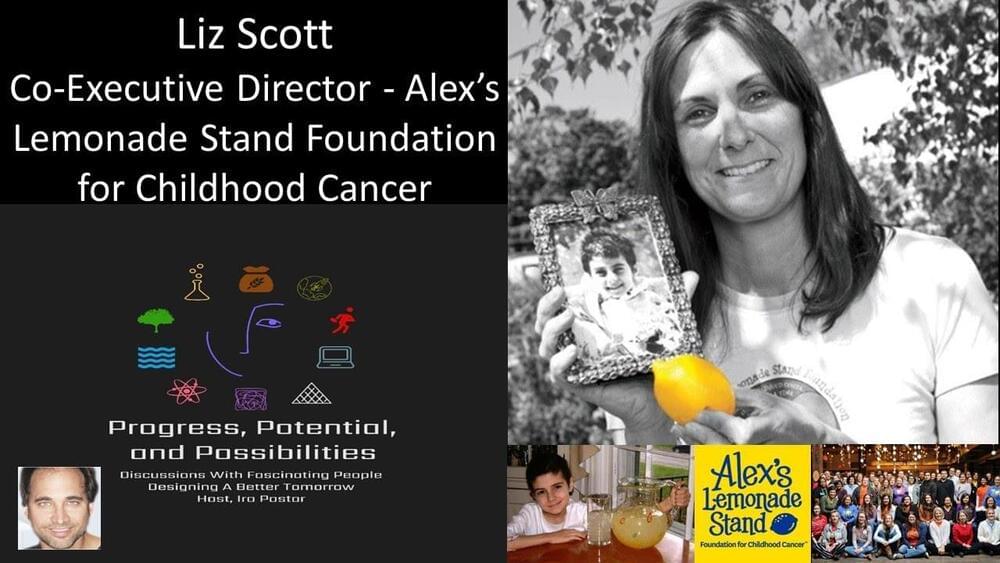Jul 21, 2023
Finding game-changing superconductors with machine learning tools
Posted by Dan Breeden in categories: biotech/medical, nuclear energy, robotics/AI, supercomputing
Superconductors—found in MRI machines, nuclear fusion reactors and magnetic-levitation trains—work by conducting electricity with no resistance at temperatures near absolute zero, or −459.67°F.
The search for a conventional superconductor that can function at room temperature has been ongoing for roughly a century, but research has sped up dramatically in the last decade because of new advances in machine learning (ML) using supercomputers such as Expanse at the San Diego Supercomputer Center (SDSC) at UC San Diego.
Most recently, Huan Tran, a senior research scientist at Georgia Institute of Technology (Georgia Tech) School of Materials Science and Engineering, has worked on Expanse with Professor Tuoc Vu from Hanoi University of Science and Technology (Vietnam) to create an artificial intelligence/machine learning (AI/ML) approach to help identify new candidates for potential superconductors in a much faster and reliable way.
